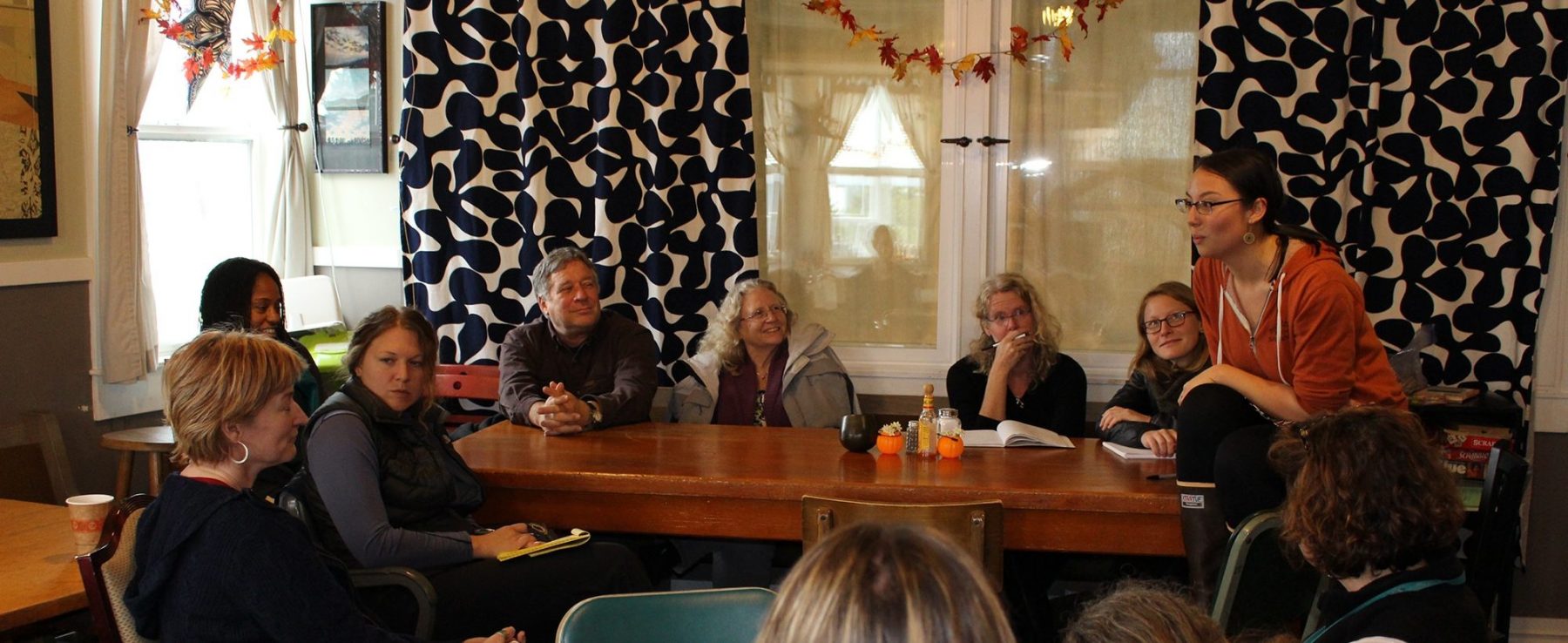
Average rating of the workshop on a scale of 1 – 5
4.56
How do you feel more prepared in your career after attending this workshop?
Most importantly, I’m ready to listen, to spend more time in communities, and to be respectful and culturally sensitive. I’m also inspired to tell better stories, and to be conscious of scientific language. I’m open to working on a science story for radio or a local newspaper. And finally, I have practical skills and strategies for all these different outlets for communication moving forward.
I’m hoping to pass on the information that I’ve learned to the DWM scientists to help them in their career!
I am better prepared to work with rural Alaskan communities, to communicate science in these communities, and to start training the next generations of Alaskan scientists in a K-12 classroom setting
What specific skills did you learn?
How to distill important and complex scientific data and concepts into a simplified format that is more approachable for the public, Alaskan communities, and K-12 schools. That we scientists need to step back and reconsider how we approach and engage Alaskan communities. That we should try to connect with appropriate community representatives and leaders months before we conduct field work (possibly even incorporating community leaders at the proposal development phase). How to work with and share science concepts with younger children (e.g. under 10 yrs old) as opposed to older high school age students. That we scientists need a lot more support from NSF Polar Programs to approach and engage rural Alaskan communities in science learning activities and citizen science. A program training early career scientists to work in Arctic environments and with Arctic communities is needed to ensure a culture of respect within the scientific community and to strengthen partnerships and collaborations between scientists and Alaska Native residents.
What strategies did you learn?
I think, more than anything, the workshop shifted my perspective on what true collaboration and partnership looks like between scientists and Alaska rural communities. It inspired me to shift the culture of science through these relationships and connections that are created slowly over time.
Feedback on the 5 minute talk with high schoolers
This was an invaluable experience that I will never forget. Preparing for this talk (without powerpoint) forced me to step outside of my comfort zone and share the story of the “carbon cycle” in an alternative form (i.e. a skit using select students as key elements). Having the students evaluate us and provide feedback was a great idea. One student mentioned, in their evaluation, that they finally understood the connection between plants, soil and atmospheric CO2.